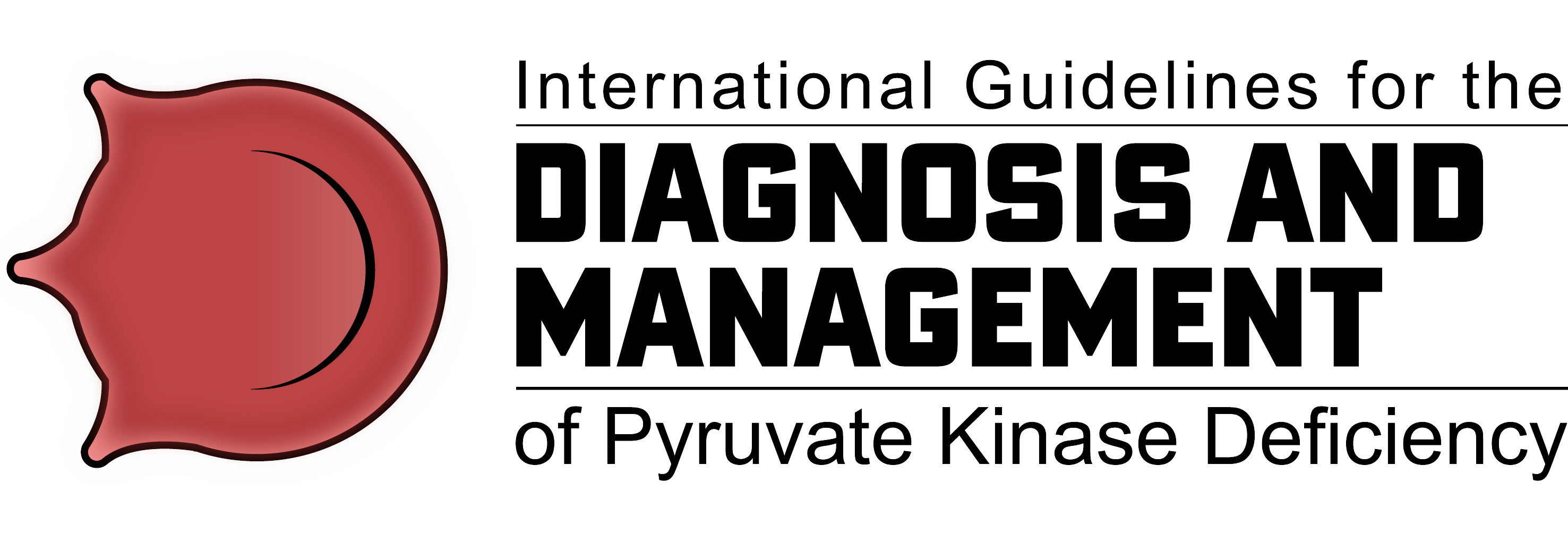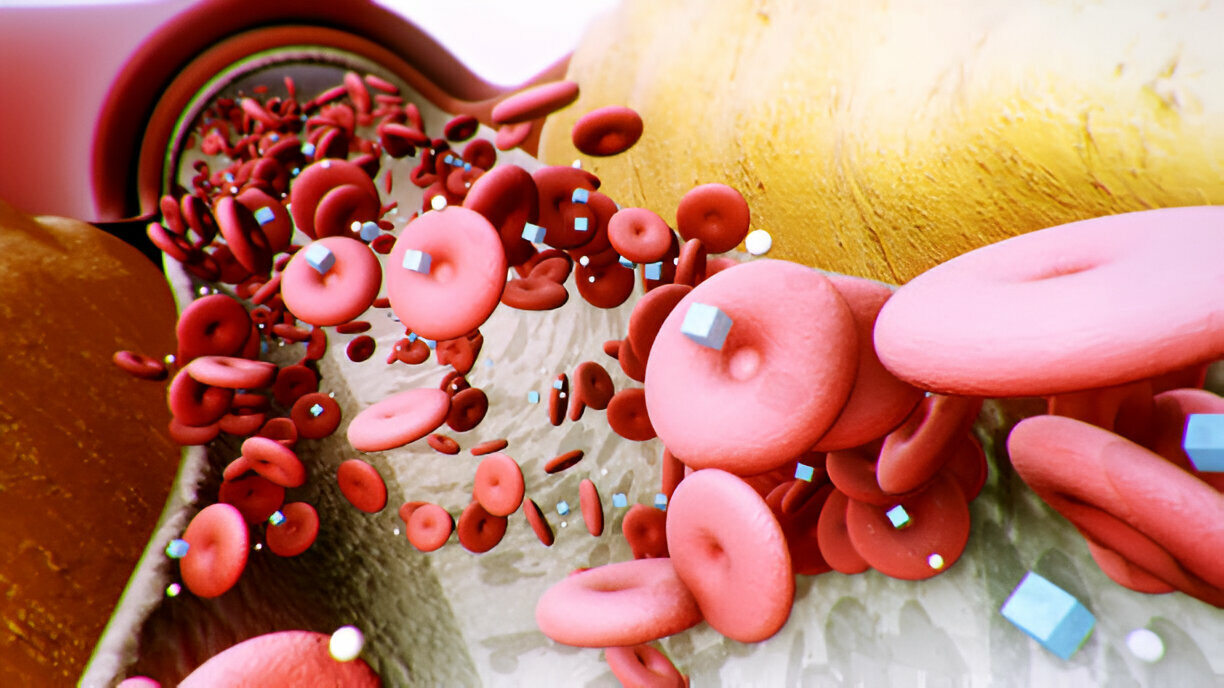A low red blood cell count can affect anyone. It occurs when your body produces fewer red blood cells than usual. Red blood cells are vital as they carry oxygen to your tissues. When their levels drop, it can lead to fatigue, weakness, and other health complications. Understanding the causes is crucial for timely treatment.
Anemia: A Leading Cause of Low Red Blood Cell Count
One common cause of a low red blood cell count is anemia. Anemia has different types, including iron deficiency anemia, vitamin deficiency anemia, and anemia caused by chronic diseases. Iron deficiency is a frequent culprit. Your body needs iron to produce hemoglobin, the protein in red blood cells that carries oxygen. A diet lacking iron, blood loss, or conditions like ulcers can lead to iron deficiency anemia.
The Role of Vitamin Deficiencies
Vitamin deficiencies can also result in anemia. Vitamins such as B12 and folate are key in red blood cell production. Without them, your body struggles to make healthy red blood cells. Specific diets, digestive disorders, or medications can lead to these deficiencies.
Chronic Illnesses and Red Blood Cell Production
Chronic illnesses often affect red blood cell production, too. Conditions such as kidney disease or cancer can interfere with the production process. These illnesses can suppress the bone marrow, where red blood cells are made. Moreover, autoimmune diseases like lupus can destroy red blood cells or inhibit their production.
Genetic Disorders: Pyruvate Kinase Deficiency
Pyruvate kinase deficiency is another factor to consider. This is a rare genetic disorder. It occurs when the enzyme pyruvate kinase, which helps red blood cells function, is deficient. Red blood cells break down prematurely without proper function, leading to hemolytic anemia. For individuals with this condition, specialized PK deficiency treatment services are essential to manage symptoms and maintain quality of life.
The Impact of Infections
Infections can also cause a decrease in red blood cells. Malaria directly targets red blood cells, destroying them in the process. Viral infections such as parvovirus B19 can temporarily halt the production of new cells. These conditions often require immediate medical attention to prevent complications.
Bone Marrow Disorders
Another potential cause is bone marrow disorders. Conditions like aplastic anemia occur when the bone marrow stops producing enough blood cells. Leukemia, a type of cancer, also affects red blood cell production by crowding the marrow with abnormal cells. Both conditions are severe and require prompt treatment.
Medication Effects on Red Blood Cells
Certain medications may contribute to a low red blood cell count. Chemotherapy drugs, for instance, can suppress bone marrow activity. Some antibiotics and anticonvulsants may also interfere with red blood cell production. If medications are the cause, your doctor may adjust your treatment plan.
The Connection Between Diet and Red Blood Cells
Nutritional deficiencies are not the only dietary concern. Fat deficiency diseases, for example, can affect your body’s overall function. Healthy fats are necessary for nutrient absorption, including those crucial for red blood cell production.
Pregnancy and Red Blood Cell Count
Pregnancy is another time when red blood cell counts may drop. During pregnancy, your body’s demand for iron and vitamins increases. Without proper supplementation, expectant mothers can develop anemia. This condition not only affects the mother but can also impact the baby’s development.
Anemia Swelling?
Does anemia cause swelling? Yes, in some cases. Anemia can lead to swelling in the legs or other body parts. This happens when the heart works harder to circulate oxygen-deficient blood, causing fluid retention. Swelling can also result from complications related to chronic anemia.
Lifestyle Factors and Environmental Influences
Lifestyle factors also play a role. Smoking, for example, reduces the oxygen-carrying capacity of red blood cells. Excessive alcohol consumption can damage bone marrow, hindering blood cell production. Even prolonged physical stress or overtraining can temporarily lower red blood cell counts.
Environmental factors should not be overlooked. Living at high altitudes, where oxygen levels are lower, can initially cause a decrease in red blood cell counts. However, over time, your body adapts by producing more red blood cells to compensate.
Many factors can lead to a low red blood cell count. These include nutritional deficiencies, chronic illnesses, genetic disorders, infections, and lifestyle choices. Understanding the underlying cause is essential for effective treatment. If you experience symptoms like fatigue or swelling, seek medical advice promptly. Early diagnosis can lead to better management and improved quality of life.
Moreover, living with a low red blood cell count requires lifestyle adjustments. Incorporating nutrient-rich foods, maintaining a balanced diet, and addressing deficiencies are vital. Regular check-ups can help monitor your condition and track improvements. For those with genetic conditions like family pyruvate kinase deficiency, seeking specialized care is crucial for long-term management. It’s also essential to avoid risk factors like smoking and excessive alcohol intake, as they can worsen the situation.
Conclusion
Support from healthcare professionals and loved ones can make a significant difference. Many treatment options are available today, from dietary changes to medical interventions. Early intervention can prevent complications, improve symptoms, and enhance quality of life. By staying informed and proactive, you can take control of your health and prevent further issues.
Remember, each individual’s situation is unique. Personalized treatment plans tailored to your needs can make all the difference. Don’t hesitate to contact medical professionals if you suspect an underlying issue. Together, you can work toward better health and a brighter future.

